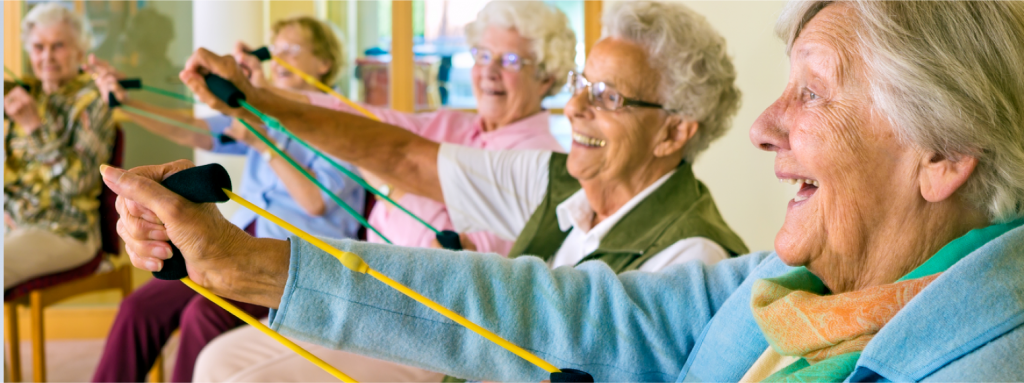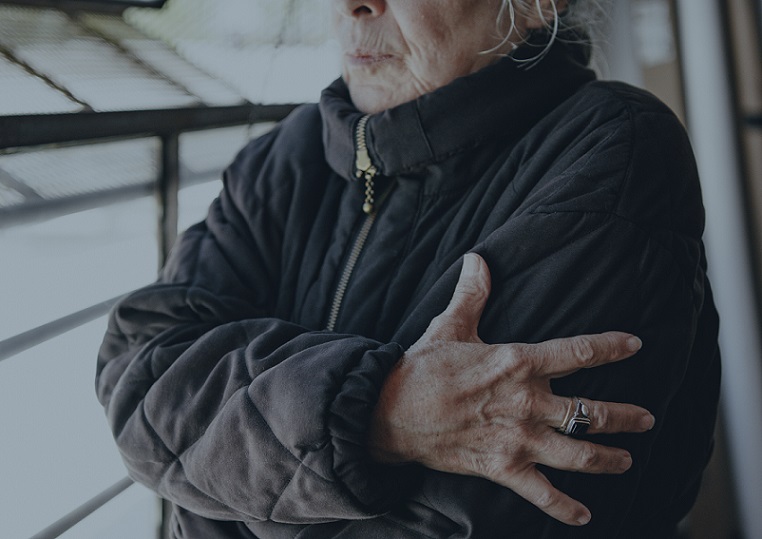Winter can bring with it all kinds of additional health and wellbeing problems, especially for older people. Lower temperatures, wetter weather, more viruses and less opportunity to get outside for fresh air and exercise can all take their toll. The winter healthcare is made more complicated this year too. The pandemic lockdowns of 2020 and 2021 have led to a rise in the impact of circulating viruses, for example flu. This is making people’s symptoms worse and longer-lasting in many cases. If you are concerned about yourself, your loved one or older people in residential care, read on for six tips for looking after older people in winter.
Winter Healthcare Tips
There are a number of different areas to consider to look after older people for better winter healthcare. These include medications and medical care, diet, exercise, hygiene, keeping warm and more. If this applies to you or your loved one, the following winter healthcare tips are a great place to start.
1. Stay on Top of Your Healthcare Needs
Always make sure that you have enough medication to hand, both prescribed and over-the-counter for your needs. Make sure you book in for your flu jab, Coovid-19 booster and other seasonal vaccines offered to you. They will help your system combat many of the worst viruses this winter. If you have questions about vaccines or medications, speak to a healthcare professional, or nursing staff if you are in residential care. If you feel unwell, stay indoors, drink plenty of water and rest. Call the NHS on 111 for medical advice if required.

2· Spot The Warning Signs
As well as viruses, coughs and sneezes, cold weather can bring about more serious illnesses and health conditions. Hypothermia is considered a medical emergency and must be treated straight away. Signs of hypothermia include shivering, pale or blue skin or lips, slowed breathing and slurred speech. Colder temperatures can also increase the risk of heart attacks and strokes in older people, so keep an eye out for symptoms of these serious conditions too.
3· Keep Active – Body And Mind
Try to move about as much as you can to help keep fit and mobile to maintain better winter healthcare. Do not sit still for more than one hour – stand or have a gentle walk to stretch your legs. You can get details of simple, home-based exercises online to help you stay active without having to leave your place of residence. Keep your mind active with puzzles, reading, crafts, hobbies – whatever lifts your spirits and keeps your brain ticking over. If you live in residential care, check what care home activities are scheduled and how you can sign up for what you like the look of.

4· Eat For Warmth
Keep your cupboards stocked with some basic foods and drinks, as well as some meals and snacks that are easy to prepare and eat if you feel unwell. You should eat and drink regularly, even if you don’t feel like it, to keep your strength up and avoid excess weight loss. The more reserves that can be built up, the easier looking after older people in winter will be. Eat foods that are rich in vitamins, especially green vegetables and citrus fruits.
5· Wrap Up Warm
One of the effective tips of winter healthcare is, try to keep the home warm enough to feel comfortable – around 18 degrees C. Age UK has resources to help if you are concerned about the costs of paying for heating in the winter (see link at the end of this blog). Close curtains and windows at night to help keep the heat in. Use a draught excluder to plug any gaps under doors and take a hot water bottle to bed.
It can also be more effective to wear layers to keep warm, instead of one thick cover. You can then take off or add layers as temperatures rise and fall during the 24-hour period. Don’t forget your hat and gloves when you go outside. This is because you can lose a lot of heat through your head and hands.

6· Maintain Excellent Hygiene
We have all learned how to prevent germs and viruses spreading during the Covid-19 pandemic. Simple measures such as washing hands, using sanitiser gel, wearing masks and binning used tissues can make a huge difference to overall health. Open windows ajar during the day to let fresh air circulate. Keep your distance from people who are unwell.
For more ideas on winter healthcare, check out Age UK’s helpful guides. These cover physical health-related tips, as well as advice on managing money in the winter, coping in extreme weather conditions and maintaining good spirits for stronger mental health.

